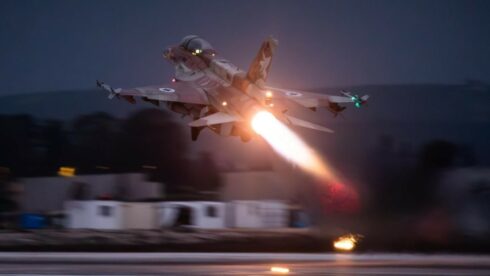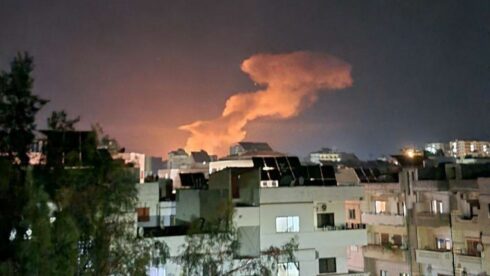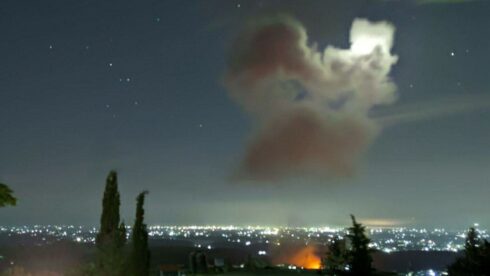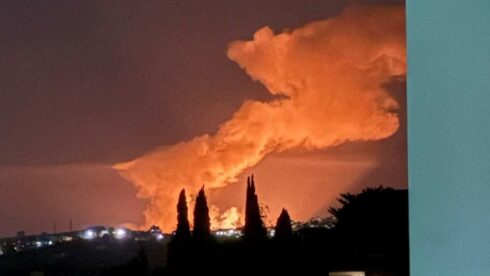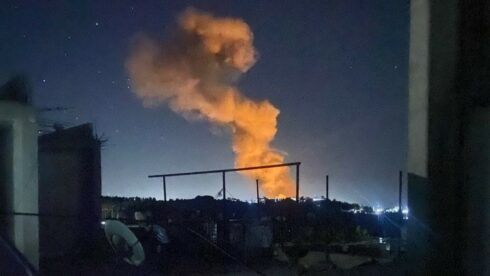A series of strikes hit the governorates of Latakia and Tartus on the Syrian coast late on May 30, with the Israeli Defense Forces (IDF) taking responsibility.
The Syrian Arab News Agency said that the strikes hit the towns of Zama and Burj Islam in the countryside of Latakia, killing one civilian and wounding three others. Other strikes targeted the vicinity of the port of Tartus, according to the state-run news agency.
In a statement released later, the IDF said that the strikes hit weapon depots used to store anti-ship missiles which posed a threat to “international and Israeli freedom of navigation.” Additionally, the military said it struck anti-aircraft missile “components.”
Syrian government forces were spotted transporting a damaged Russian-made Pantsir-S short-range air-defense system in the city of Latakia.
Commenting on the strikes, Defense Minister Israel Katz said that there will be “no immunity for any party” that poses a threat to Israel.
“The IDF attacked and destroyed strategic weapons throughout Syria… that posed an immediate threat to the State of Israel,” Katz said.
“We will not allow threats and there will be no immunity for any party — we will continue to protect Israel’s security,” he added.
The strikes, which were among the most violent to hit Syria since the fall of the Assad regime last December, came following reports of Israeli-Syrian talks, including face-to-face meetings, aimed at calming tensions and preventing conflict in the border region between the two longtime foes.
Also earlier this week, Turkish media reported that Ankara resumed plans to establish air, naval and ground force bases in Syria.
Israel had rejected any Turkish military expansion in Syria during talks with Ankara in Azerbaijan. While it was reported on May 21 that the two countries had reached an understanding on a deconfliction mechanism, the latest wave of Israeli strikes indicate that major disagreements remain between the two.
While Syria appears to be seeking peace, it may not be ready yet to pay the price for it. Israel is likely looking to maintain control over Golan and may even annex the buffer zone and other areas. The IDF also appears to be firm on not allowing the country to rearm.
_______________________________________________________________________________________________________________________
SouthFront: Analysis and Intelligence
NOW hosted at southfront.press
Previously, SouthFront: Analysis and Intelligence was at southfront.org.
The .org domain name had been blocked by the US (NATO) (https://southfront.press/southfront-org-blocked-by-u-s-controlled-global-internet-supervisor/) globally, outlawed and without any explanation
Back before that, from 2013 to 2015, SouthFront: Analysis and Intelligence was at southfront.com



